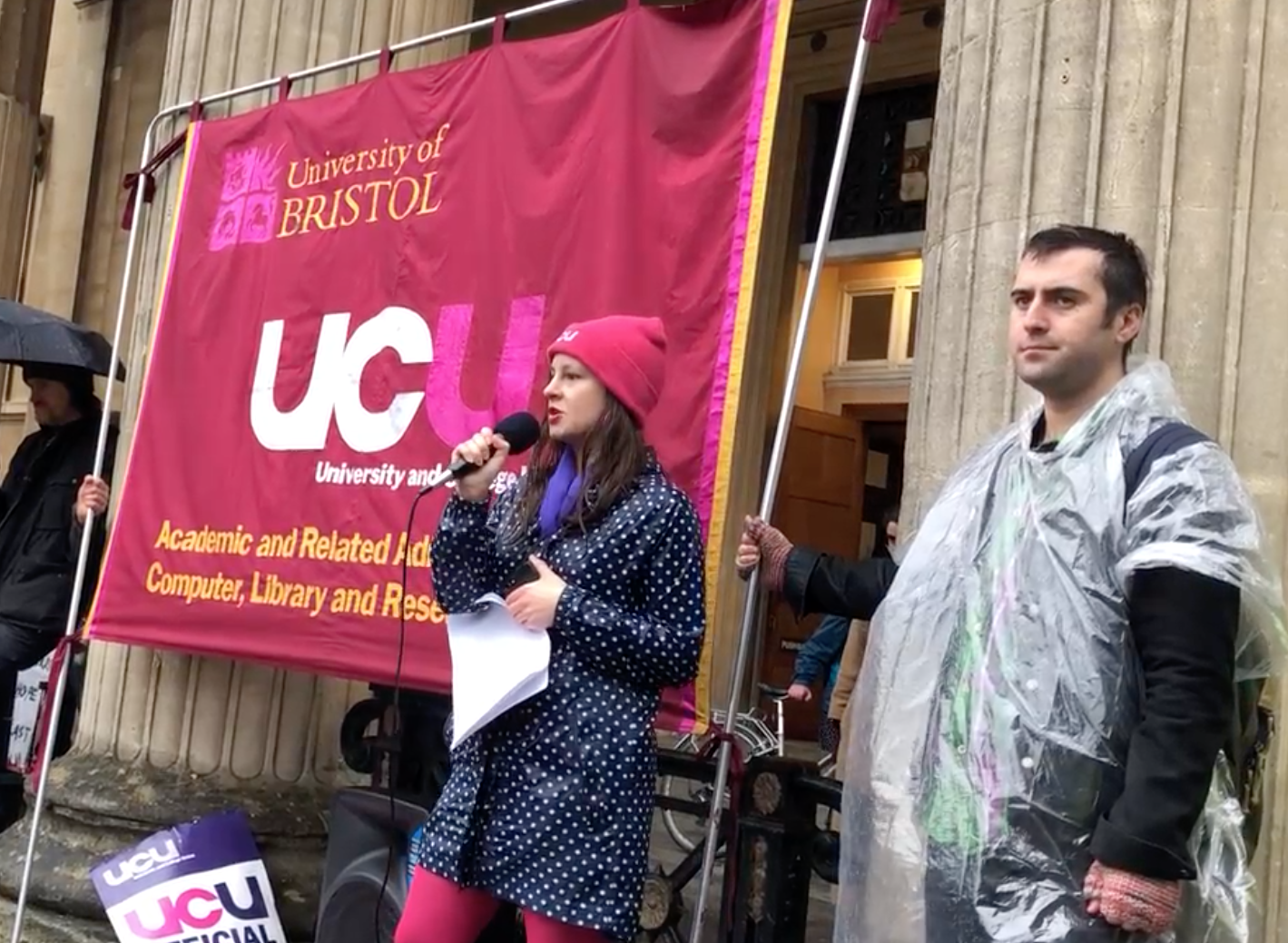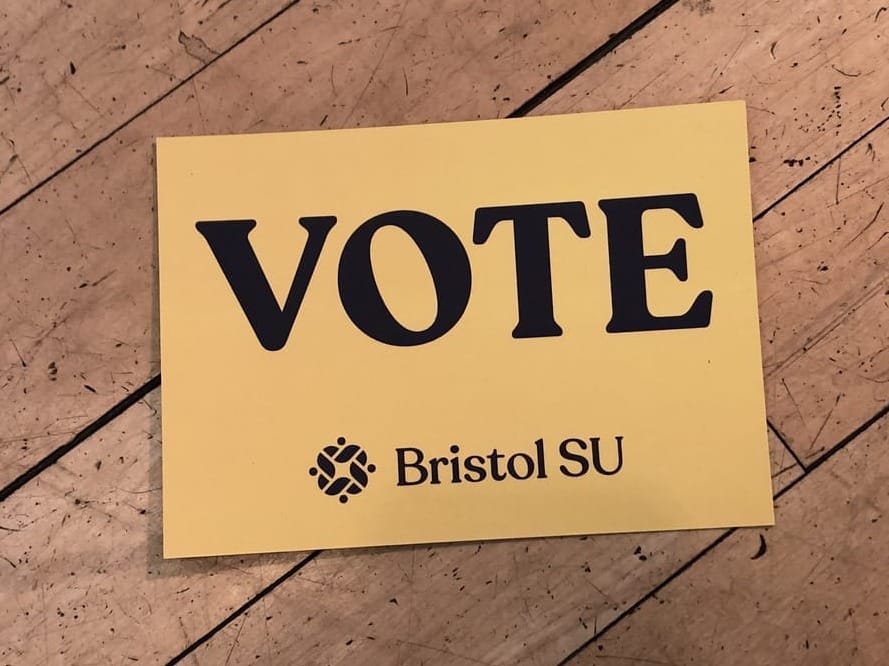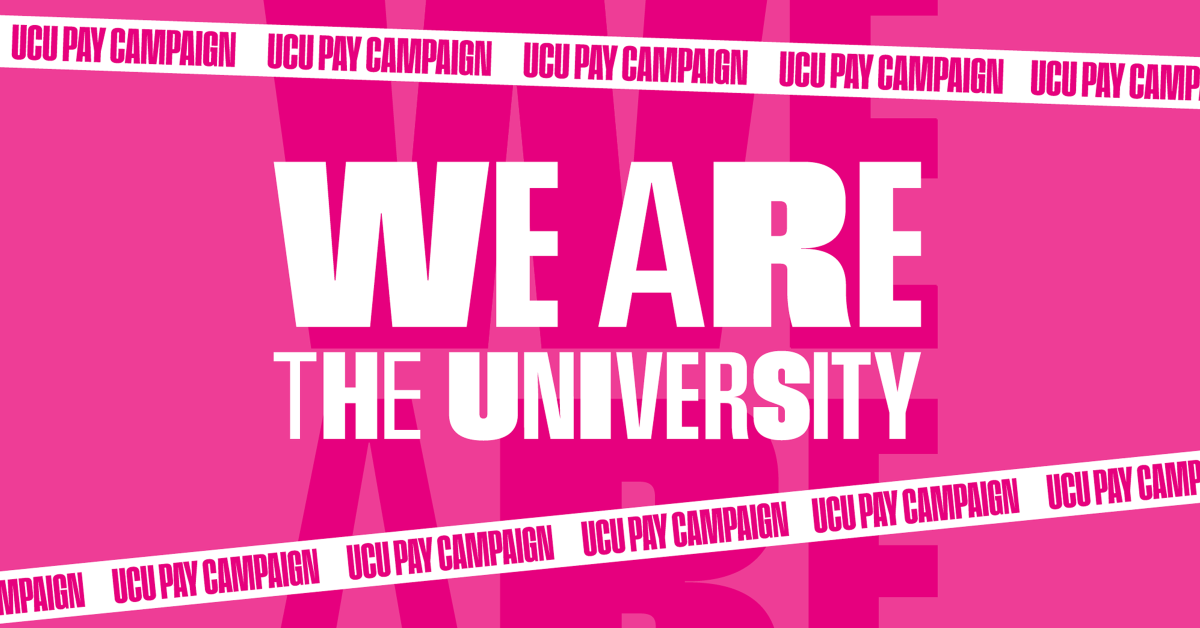By Teddy Coward, Co-Editor-in-Chief
Earlier this month, the University had declined to provide extensions to staff under fixed-term contracts until the end of the calendar year, due to the estimated £27 million this would cost.
The Bristol University and College Union (UCU) branch has urged the University of Bristol ‘to act with initiative and imagination’ rather than adopt ‘employment practices that have been proven to have negative long-term effects’, after their request for fixed-term contracts to be extended for hundreds of staff until the end of the calendar year was declined.
Senior management at the University say this decision was reached due to the estimated £27 million such an extension would cost.
In a letter sent on Friday to the University’s Vice-Chancellor and President, Professor Hugh Brady, Bristol UCU has set out its reasoning as to why the University should extend the fixed-term contracts of staff in precarious positions, stating the University’s decision not to ‘is already putting the diversity and long-term legacy of the University at risk’.
The main points in the letter, written on behalf of the Bristol UCU by their Branch Secretary Dr. Jamie Melrose, fell broadly under three main areas. These included:
- The ‘disastrous impact’ the decision will have on diversity and equality among the University’s teaching staff;
- The need to invest before entering ‘an unprecedentedly challenging academic year’ and prevent the ‘overstretching [of] existing staff’;
- The requirement for the University to be more transparent about its decision-making process and ‘present a detailed costed rationale’.
This letter is the latest installment of ongoing discussions between the University and Bristol UCU regarding the future of staff under fixed-term contracts in the wake of the pandemic.
101 ways that wealthy, cash-rich universities can be civic institutions, embedded in local communities, attuned to their needs. Number 1: don't let go/sack 100+ members of those local communities
— Bristol UCU (@Bristol_UCU) June 22, 2020
Earlier this month, on 3rd June, Bristol UCU sent an open letter signed by almost 400 staff, calling on the University to take up a ‘jobs first’ response to the pandemic and ‘extend the employment of all employees on fixed-term contracts until there is a reasonable opportunity for them to find a replacement job’.
The signatories included more than 33 Senior Lecturers as well as over 39 Professors; at least 20 were from the History Department, 19 from the School of Law and at least 9 were from the School of Mathematics.
A source close to the discussions told Epigram that some staff are now training themselves to adapt to the forthcoming blended model of online learning, despite being unsure as to whether they will be teaching next academic year.
On 9th June, Professor Hugh Brady and the University Management Team responded that they ‘cannot support’ such a demand to extend staff on fixed-term contract until the end of the calendar year, as they estimated this would cost £27 million and therefore place the University ‘in financial jeopardy’.
Some staff are training themselves to adapt to online learning, despite not knowing whether they will be teaching next year
Professor Hugh Brady and Senior University Management’s response added: ‘It is the responsibility of the University Executive team along with the Board of Trustees as custodians of the University to ensure that that we remain financially viable for generations to come.
‘Where we are able to support our fixed term contract staff as opportunities arise, we will, but we cannot support your principal demand to extend all contracts regardless of work available.’
In this most recent letter, however, Bristol UCU argue that in order to enter ‘confidently into new domains of digital teaching and research’, retaining the same ‘hourly-paid and fixed-term staff until the end of TB1 should be well worth £27 million’.
£27 million is equivalent to the fees paid by 1000 UK students or 350 international students during three years of University education.
All lectures to be taught online from autumn academic term
Vice-Chancellor to take twenty per cent pay cut amid financial concerns resulting from COVID-19
‘If the University waits on student numbers before deciding to re-hire for academic and professional service roles in September,’ the Bristol UCU letter adds, ‘the University will, we fear, lose enormous amounts of goodwill and time in preparing for the challenge of meeting an entirely novel context in Higher Education.’
In addition, Bristol UCU noted that women, ethnic minorities, members of the LGBT+ community and the disabled are proportionally more likely to be under fixed-term contracts than permanent posts and have argued, therefore, the University’s decision ‘will further reduce the proportion of individuals in these protected categories who are employed by the institution’.
They have also asked for greater transparency around both the decision-making process and policy implementation, stating ‘disappointment’ that Professor Hugh Brady’s letter did not meet their original request to obtain more financial information on the estimated costs.
Last Monday, the Bristol Anti-Precarity Network held its first meeting, which was attended by the Labour MP for Bristol West, Thangam Debbonaire.
As a result, the letter says: ‘fixed-term staff do not feel valued by the University’.
Last Monday, the Bristol Anti-Precarity Network – a group of Bristol UCU members and other Bristol University staff on fixed-term, hourly-paid contracts, which was set up in response to the dispute – held its first meeting on Zoom and was attended by the Labour MP for Bristol West, Thangam Debbonaire.
A University of Bristol spokesperson has said: ‘We have been working closely with UCU and all our campus trade union representatives as we navigate our way through these exceptional times due to the Covid-19 pandemic.
‘We are committed to protecting as many jobs as we can. We are also continuing with our commitment to reduce casualisation of contracts where we are able. Fixed term contracts are part of the Higher Education employment landscape due to the funding regime and we value our staff who are on these contracts.
‘We only received the latest letter late on Friday and it will be digested and responded to in due course.’
Featured image: Epigram / Siavash Minoukadeh
Do you think fixed-term staff contracts should be extended until the end of the calendar year? Let us know at newsteam.epigram@gmail.com









